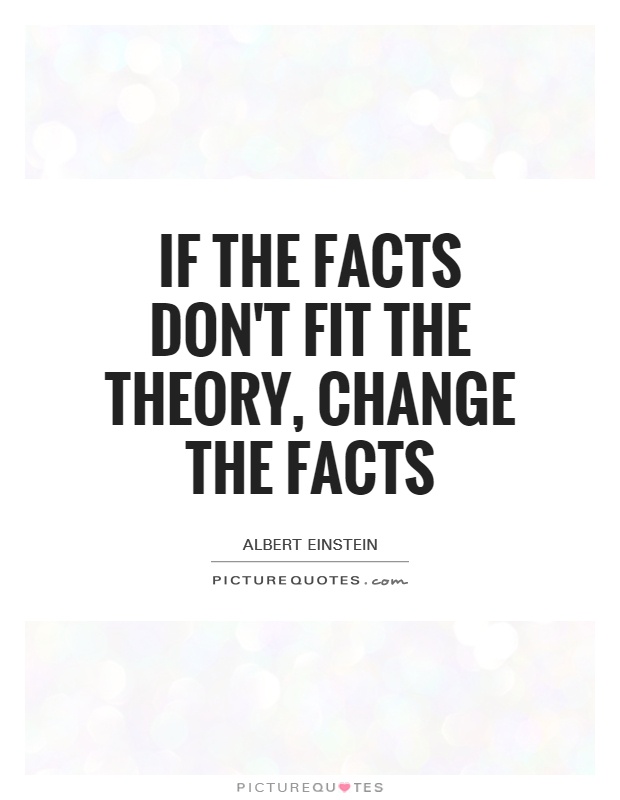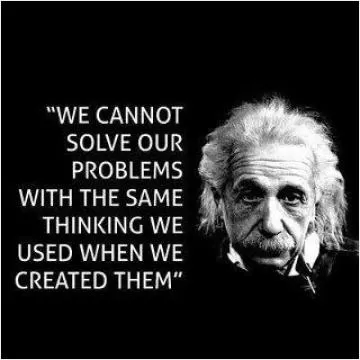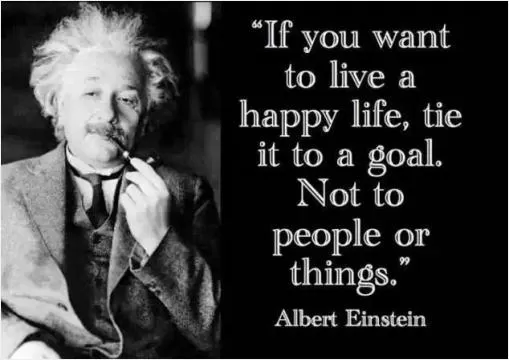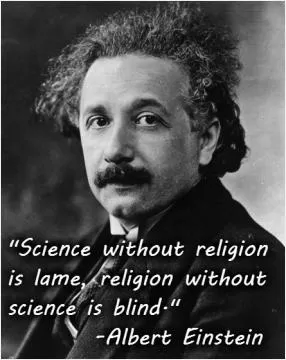If the facts don't fit the theory, change the facts

If the facts don't fit the theory, change the facts
Albert Einstein, one of the most renowned scientists in history, is often credited with the quote, "If the facts don't fit the theory, change the facts." This statement encapsulates Einstein's approach to scientific inquiry and his willingness to challenge established beliefs in pursuit of truth.Einstein was a revolutionary thinker who fundamentally changed our understanding of the universe with his theories of relativity. He was not afraid to question conventional wisdom and challenge the prevailing scientific paradigms of his time. In fact, his famous equation E=mc^2, which describes the relationship between energy and mass, was a direct result of his willingness to rethink the existing theories of physics.
Einstein's approach to science was characterized by a deep commitment to empirical evidence and a willingness to revise his theories in light of new data. He understood that scientific knowledge is always provisional and subject to revision based on new discoveries. As he famously said, "No amount of experimentation can ever prove me right; a single experiment can prove me wrong."
Einstein's willingness to change the facts to fit the theory was not a rejection of empirical evidence, but rather a recognition of the limitations of human knowledge. He understood that scientific theories are always provisional and subject to revision based on new evidence. This approach allowed him to make groundbreaking discoveries that revolutionized our understanding of the universe.












 Friendship Quotes
Friendship Quotes Love Quotes
Love Quotes Life Quotes
Life Quotes Funny Quotes
Funny Quotes Motivational Quotes
Motivational Quotes Inspirational Quotes
Inspirational Quotes